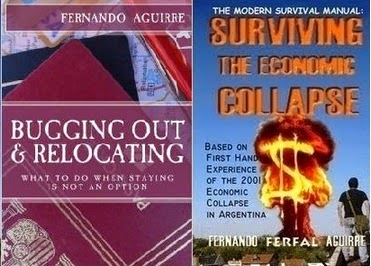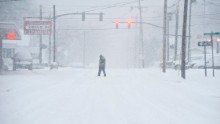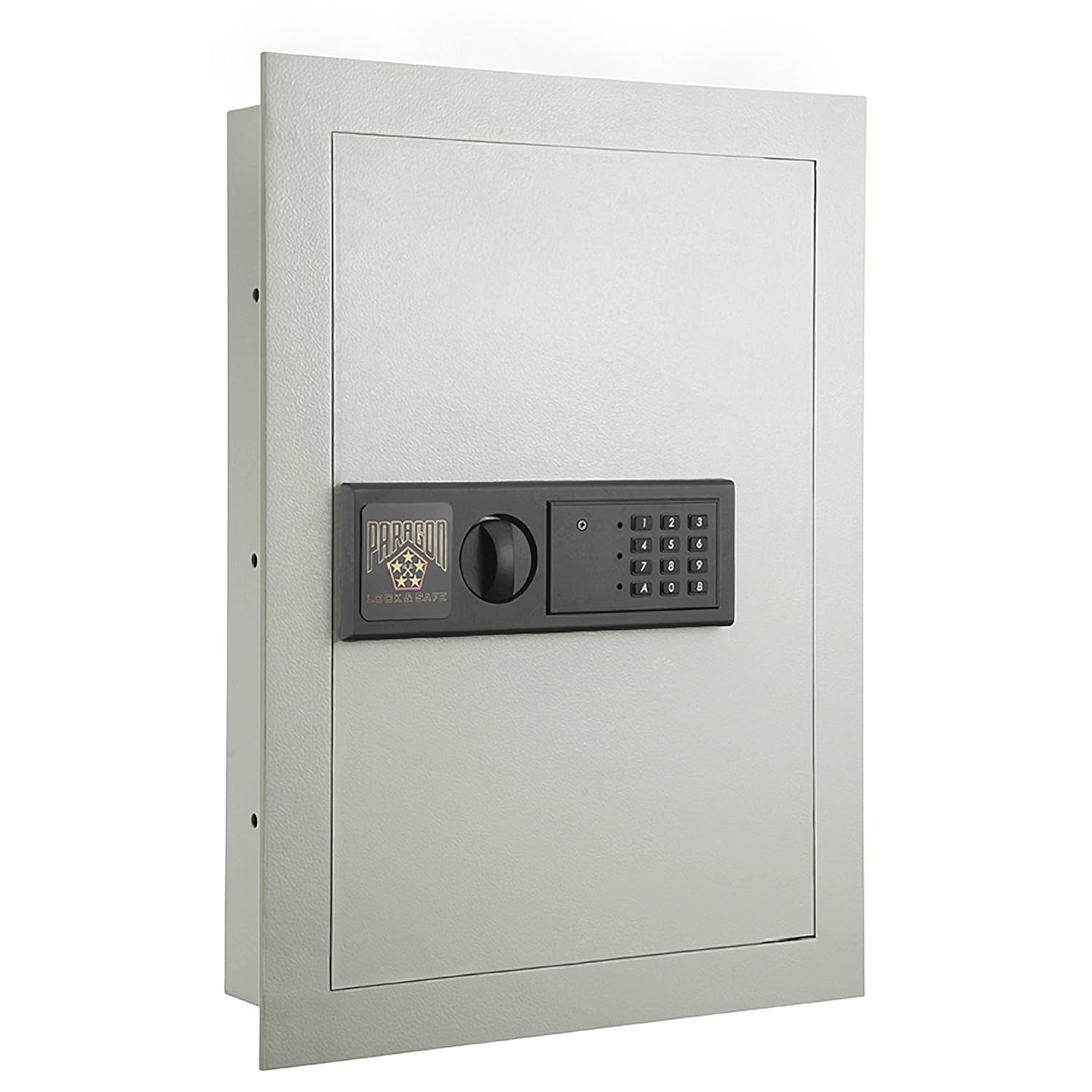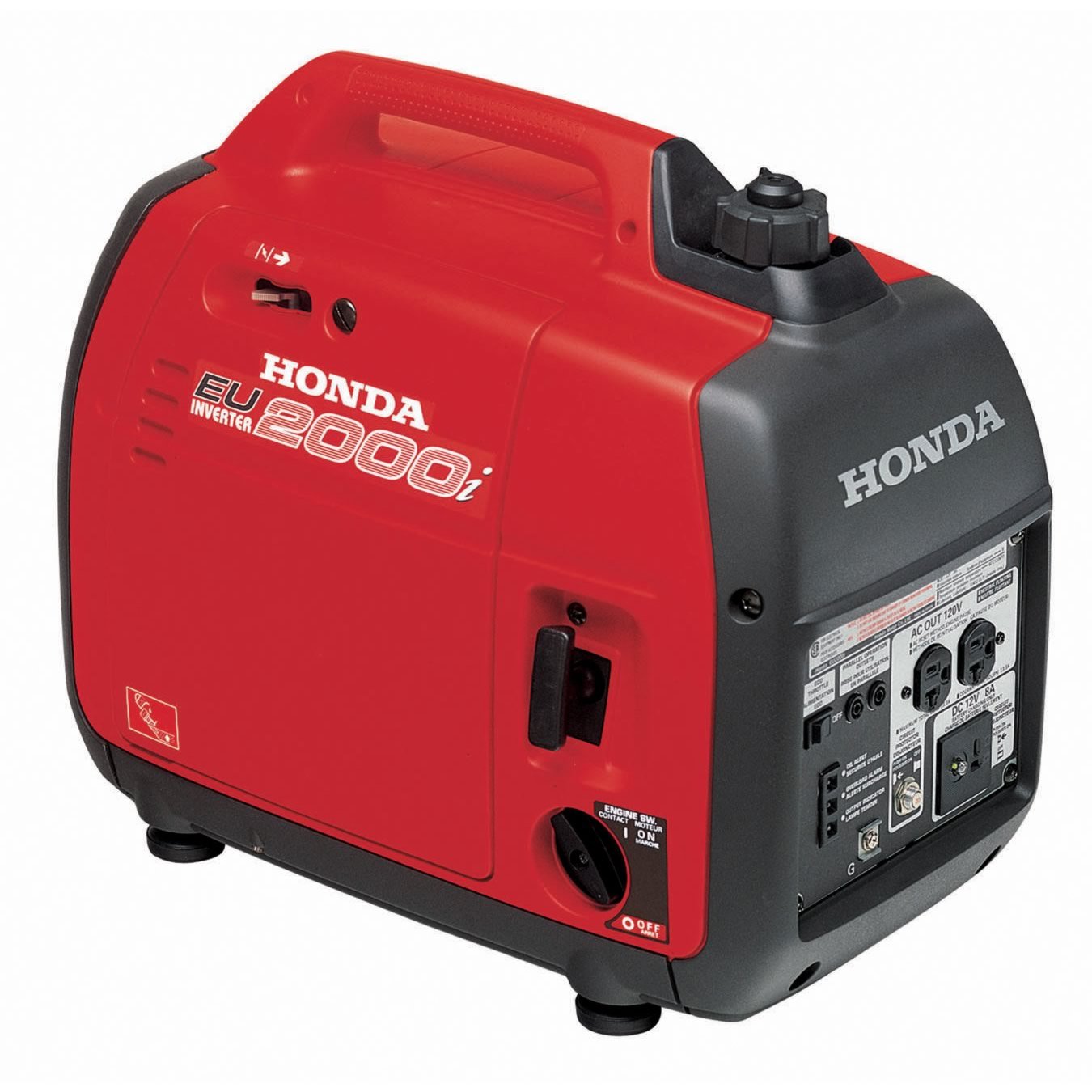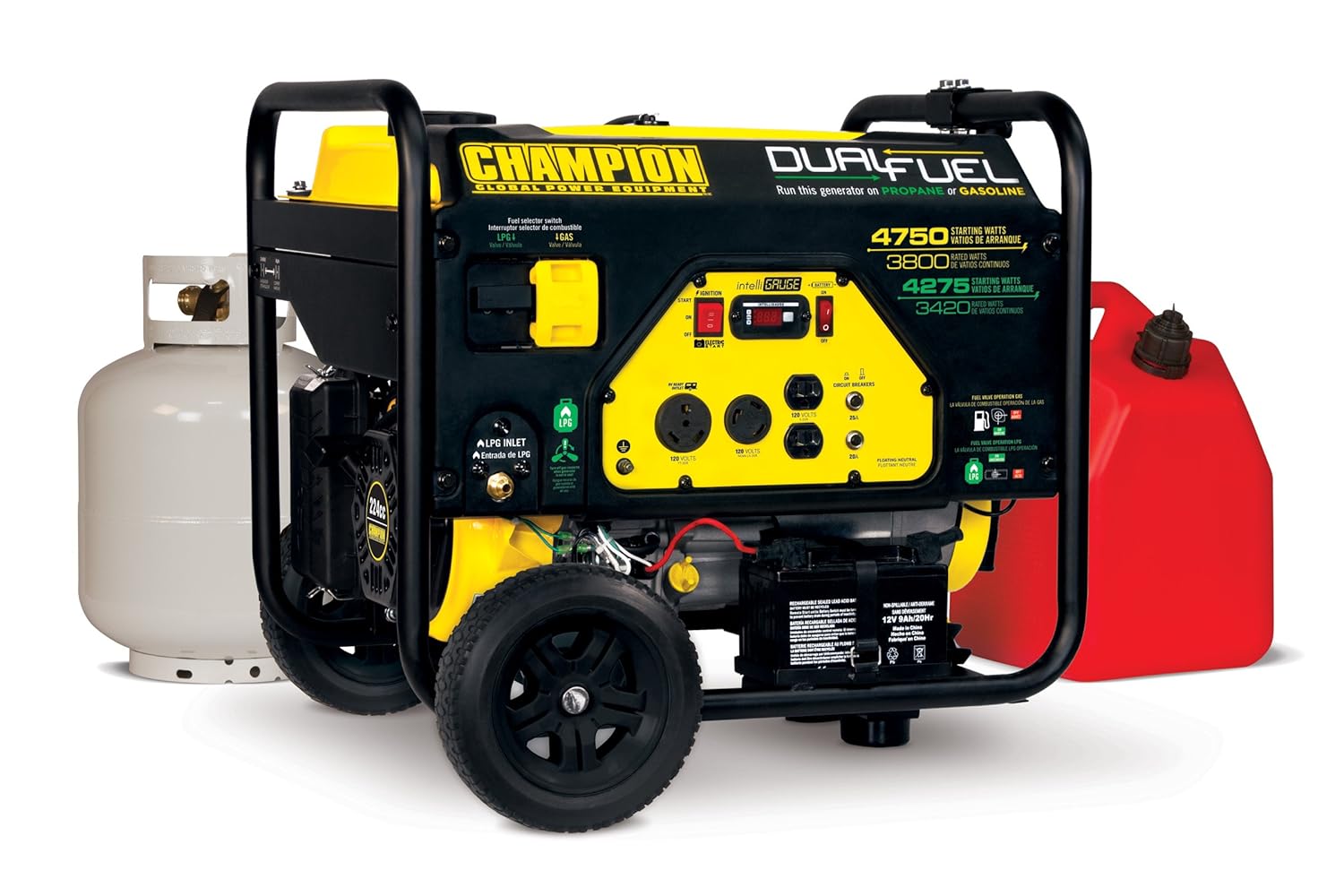 http://edition.cnn.com/2016/01/22/us/snowfall-records-winter-storm-washington/index.html
http://edition.cnn.com/2016/01/22/us/snowfall-records-winter-storm-washington/index.html
So
the big East Coast storm is causing the expected problems. I hope
everyone stocked up on the winter basics, food, water, fuel, batteries,
gas,
generator, medicine, etc and you’re reading this while warm and cozy at home.
How are you dealing with the storm in your area? Any thoughts,
experiences or lessons learned? Feel free to leave your comments below.
Now its time to apply some good old common sense:
1)Dear God do NOT run your generator indoors. Just don’t. It’s the kind of mistake you get to make only once. Last year an entire family, dad and kids, died because of this.
2)Same goes for heaters, propane and kerosene or any other combusting heaters you may be using. Have a CO detector and make sure to open a window an inch or two just in case.
3)Don’t travel if you can avoid it.
Traffic accidents are the main cause of death during storms.If you must
travel, have supplies for several days, food, water and warm clothes.
4)Careful when walking too,
even short distances or just around the house. Slipping on ice is the
most common cause of injuries. Overestimating your capabilities may
leave you stuck in the middle of the storm, even if you think you can
walk short distances.
5)Take it easy if you have to shovel snow.
The cold temperatures may trick you into not realizing how much effort
you’re doing. 5 minutes at a time, then rest. Every year several people
die due to heart attacks while shovelling snow. By the way, this should
also remind us all of the importance of staying fit.
6)Keep your cell phone charged. Charge that little battery bank as well (
this one works great btw). It’s a waste of fuel to use your generator just to charge a phone or tablet.
7)Check on your loved ones daily.
If you have neighbours on their own or older folks check on them too.
Even better, send your teen son to lend a hand. They can use the
exercise and practice of face to face social interaction. Really, if you
have never done it before give it a try. Even if you never said a word
to that old couple down the road, trust me they will REALLY appreciate
if you or your kid drops by to see if they’re doing ok.
So that just
few tips. Try to make the most of it. Even if you have power try
playing some board games and spending some time with the family engaging
in actual conversation or doing something together.
It’s my first
winter here in the Costa del Sol in Spain and while I do see the
practical advantage of not having winter(there’s people sunbathing on
the beach here as I write this), I do miss having a bit of snow. I’m
still wearing flip flops and 5.11 shorts. I’ll probably walk to the
beach after lunch.
Take care folks, enjoy the rest of your weekend.
FerFAL
Fernando “FerFAL” Aguirre is the author of “The Modern Survival Manual: Surviving the Economic Collapse” and “Bugging Out and Relocating: When Staying is not an Option”.





